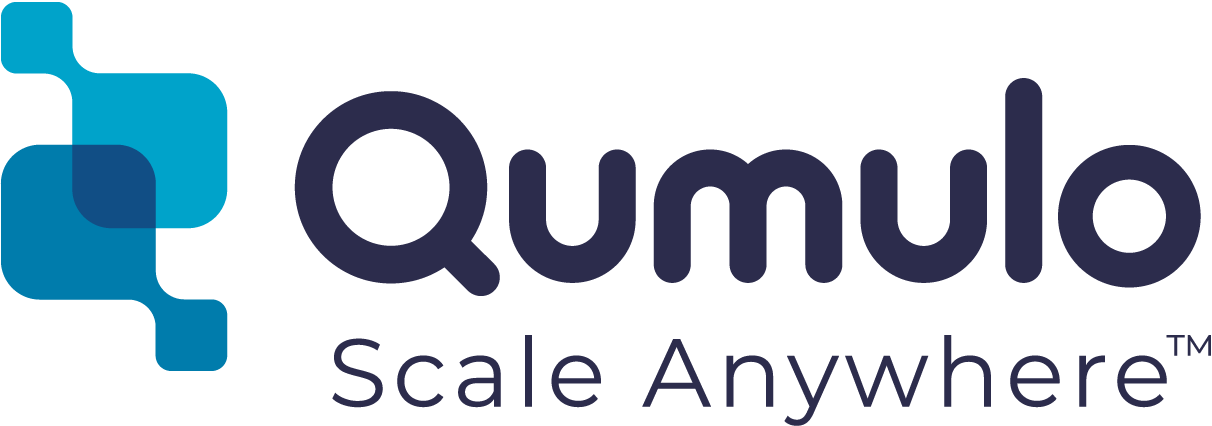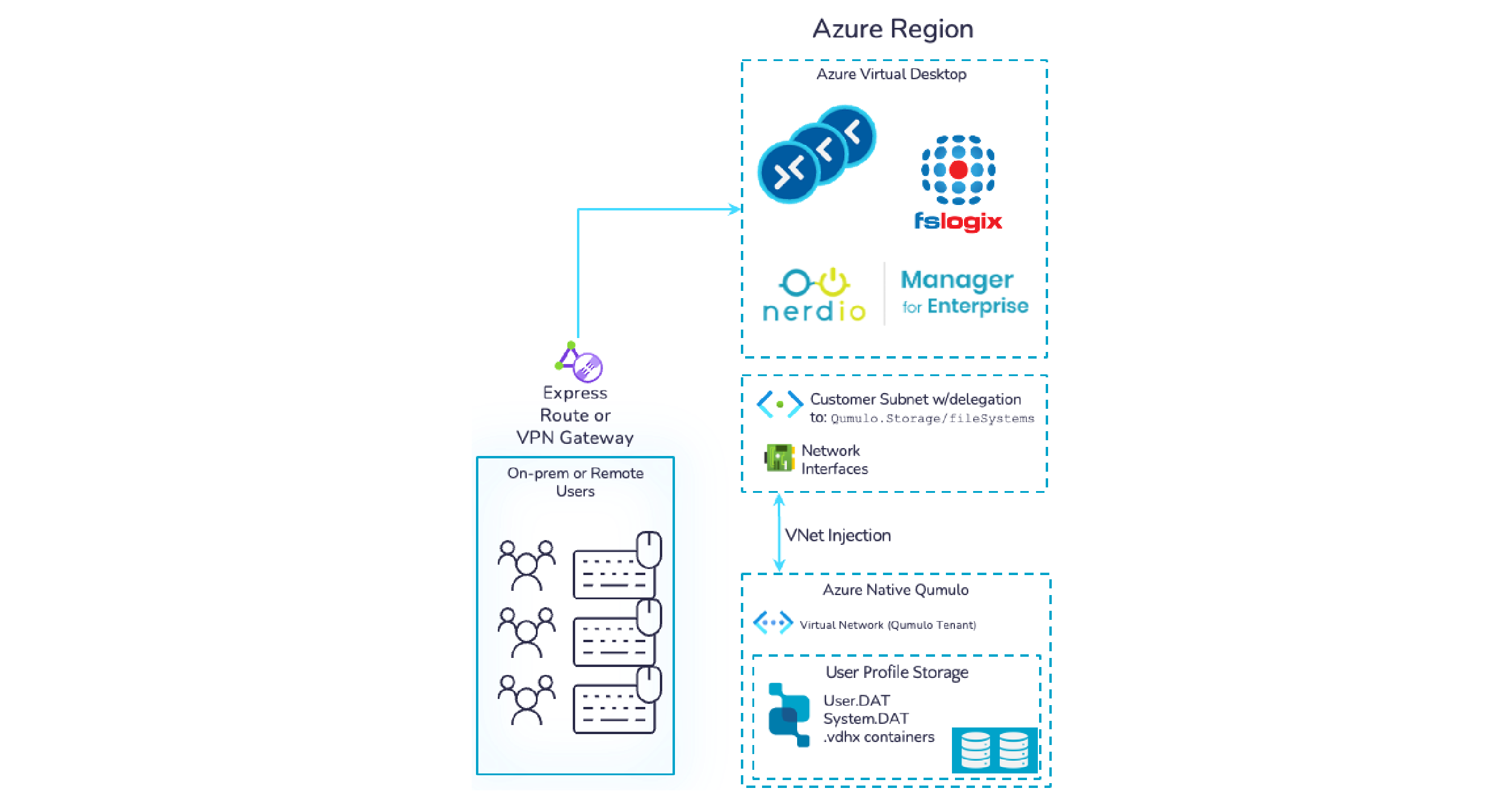Kettering Health Network, the nonprofit network of nine Dayton and Cincinnati, Ohio-area hospitals, has been on a multi-year journey to modernize their data storage. In the last decade, the healthcare industry and service providers have encountered serious change from digitization. There’s greater emphasis on flexibility, agility, and technology to think differently and deliver excellent patient care. Data is arguably one of the most (if not the most) critical variables helping address the needs and demands from patients. The data ranges from electronic health records to facility and staffing data, and more, is putting demand on storage and IT infrastructure.
Evolving Data Requirements for Kettering Health
With 13 medical and emergency centers, and 120 outpatient facilities comprising the Kettering Health network, storage and infrastructure requirements have quickly evolved. In the beginning, they started as an active directory administrator. With growth and scale, they acquired more file volumes that were managed on Windows server, and eventually on multiple Windows clusters. The criticalness of workloads and reduced tolerance on service disruptions, especially as they adopted other teams’ storage devices, prompted examination of a more appliance-based, network attached storage (NAS) solution.
Their radiology and cardiology departments, for example, now have an increased reliance on a picture archiving and communication system (PACS) to quickly transmit images and clinically-relevant reports. The associated stored data volume has gone from a few to several hundred terabytes, and growing. When this is combined with years of historical medical data (long-term storage) spanning many solutions that aren’t used daily, it triggers performance and capacity issues. As providers make quick decisions and solve problems—whether it’s performing a life-saving surgery or providing answers during a routine screening—Kettering needs its storage solution to be ready for anything.
“Seeing Qumulo and how they store the metadata for files right with files (indexed) and having instant access to a data summary is very attractive,” said Tim Newman, Systems Architect at Kettering Health. It helps providers, leaders, and the infrastructure team clearly see storage offenders, performance bottlenecks, and capacity so they can improve service and patient experiences and plan better without large expenditures. “As a guy who is always forecasting capacity, trying to figure out what to buy, and who’s growing to drive up capacity, it’s made for me. We’re very happy with it.”
The migration of shared data to Qumulo is in-progress with the current production workload focused on the PACS cache.
Key Takeaway #1: As Steve Shim, Executive Healthcare Strategist at HPE shared during a recent Qumulo webinar with Newman, they’re seeing customer struggles to understand what’s going on real-time, make course-corrections, and have the right data to be proactive in meeting needs of clinical staff. Clinical imaging demands are increasing with greater rendering size, depth, and workloads for enhanced patient care. This impacts storage performance and “When clinical imaging in PACS doesn’t work well, for example, there’s impact on not being able to provide patient care plus the pressure on IT teams with influence on revenue streams.”
Gaining 24/7 access, more automation, and end-user visibility with a modern storage solution like Qumulo, however, healthcare organizations can consistently and swiftly address different information requirements and needs to create a win-win for all – clinician teams, patients, and entire health networks.
Callout quote: “You now have the intelligence to see the demanding areas, stay in front of them, and be very aware of how that demand is growing.” – Steve Shim, Executive Healthcare Strategist, HPE
With Qumulo and HPE, Consumption-Based Service Offers Flexibility and Agility
Tim stressed their desire for a simple infrastructure management system without data access disruptions. He also wanted to be able to make their storage purchases in a more OPEX versus CAPEX way. The choice to store data on the cloud and on-premise, which Qumulo on HPE Greenlake Cloud services offers, give customers the ability to scale and shift as demand grows but resources may not.
“We’re working to move all critical business components into the cloud and reduce the amount of on-prem hardware,” shared Tim.
Kettering needs to have the choice of on-prem hardware when dealing with its long-term medical data, storage, and compliance requirements. As they look toward the future, the partnership of Qumulo and HPE gives them the option of on-prem while consuming data in a cloud way, and the agility to use tiered storage with old and new data.
Key Takeaway #2:
Coming out of HIMSS, added Steve, “We’re seeing tremendous focus to embrace the cloud to help rebalance the demand for resources with the expertise and skills to deliver on newer healthcare data compliance requirements at a higher level.” Organizations can get out of the trenches with hybrid cloud to deliver the technical support and storage infrastructure while preserving their cash resources. This is important to any organization, especially healthcare providers, who deal with high volume, low margins, and don’t want to impact their operational budgets.
Consumption-based storage options like HPE and Qumulo allow for pay-as-you-go. Have the best of both worlds with pooled resources so your organization has storage available for use, but isn’t stuck ordering or deploying more than it needs and consuming capital dollars.
Instant analytics, around-the-clock support drive better decision-making
With patient health and lives on the line, split-second decisions are necessary, even critical. Accessible data (i.e. digital pathology results, 3D or 4D imaging, or mammography) in the hands of Kettering Health’s clinicians means better care and hopefully health outcomes for patients. By having immutable snapshots, replication, instant analytics right in the main console, and 24/7 support from the Qumulo team to troubleshoot issues, there’s no concern about storage downtime and being able to support evolving data needs and demands.
As Kettering Health continues their evolution into modern data management and storage, they’re looking forward to exploring more Qumulo capabilities and features that help improve healthcare delivery and their bottom line.


